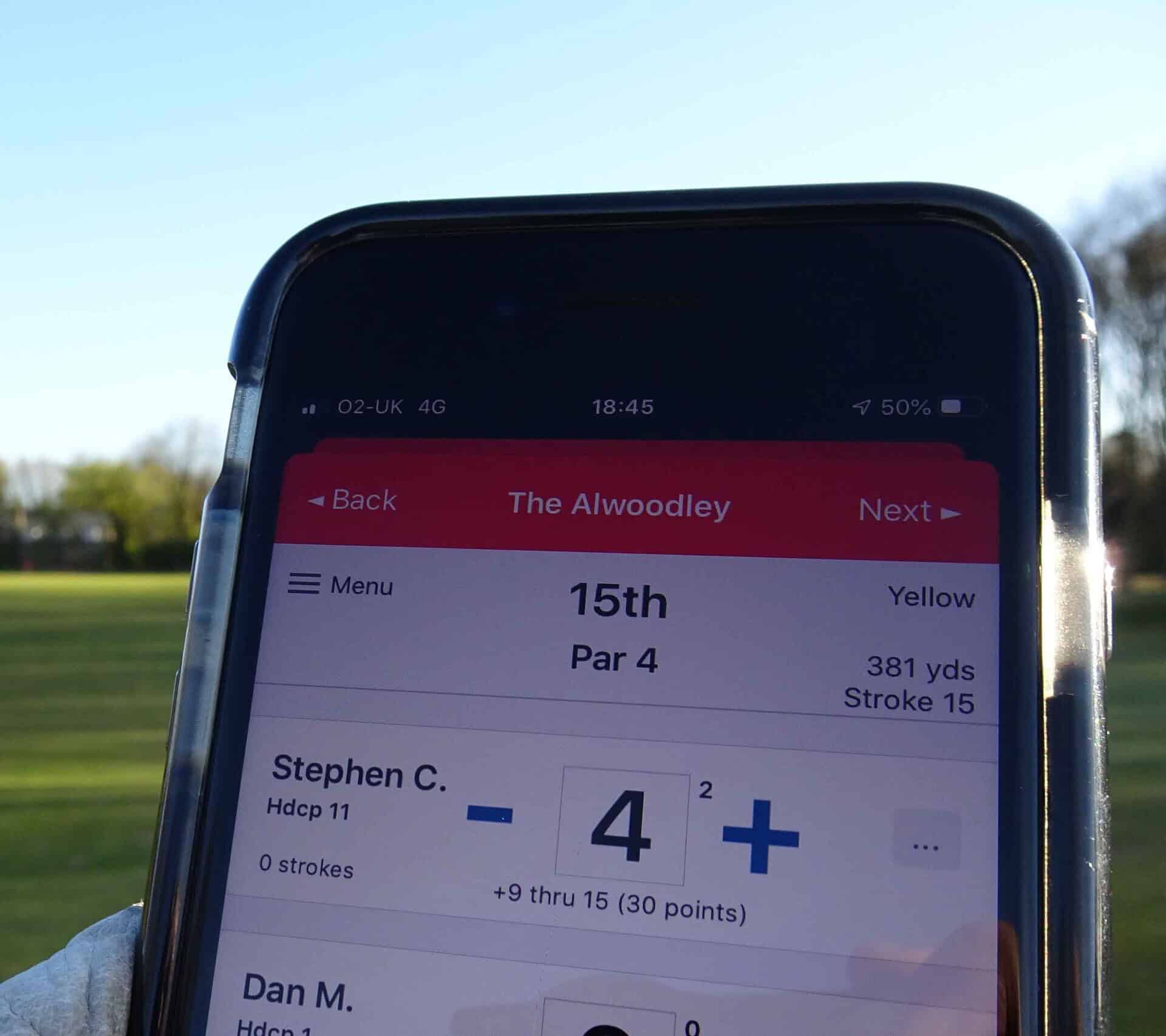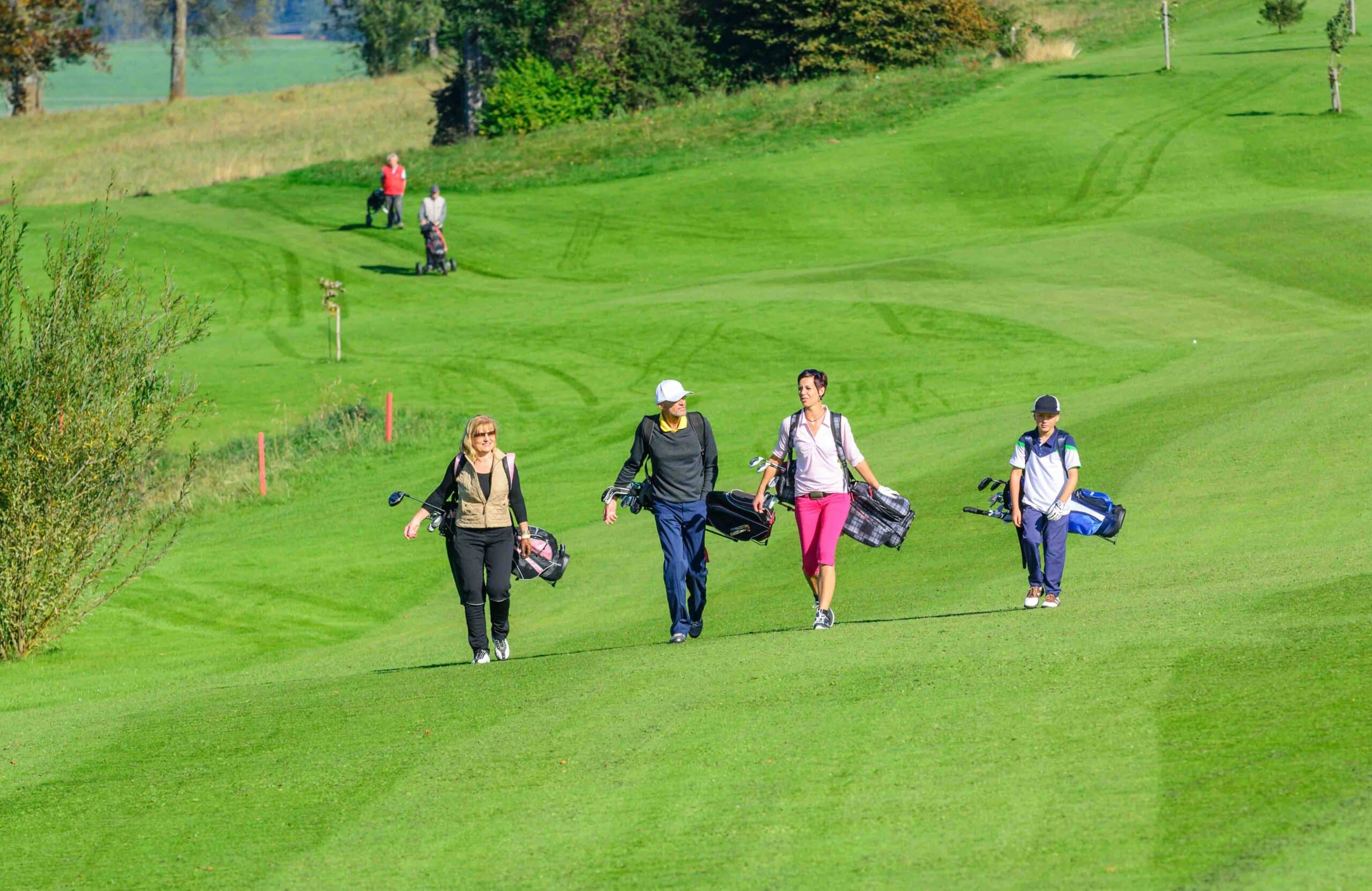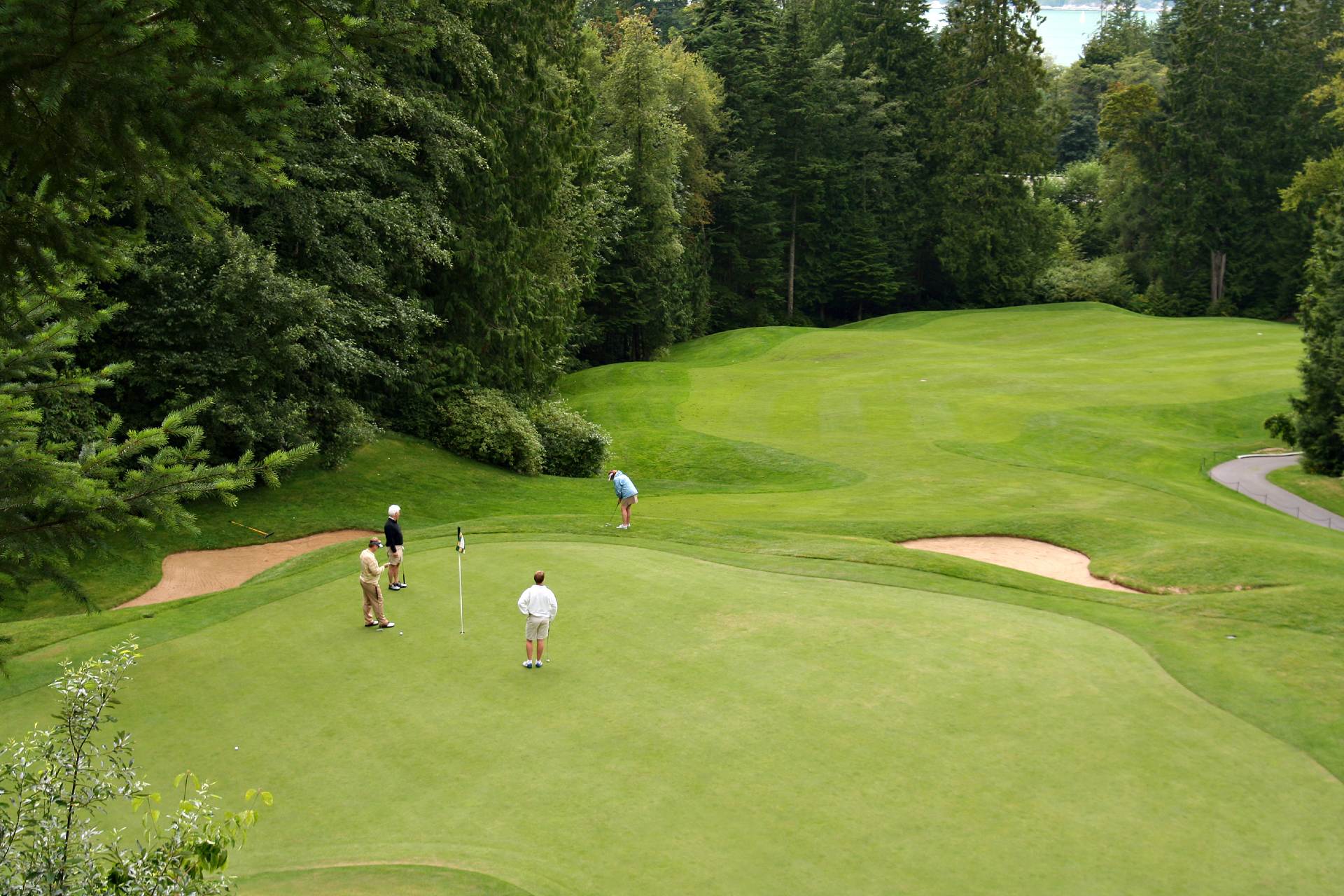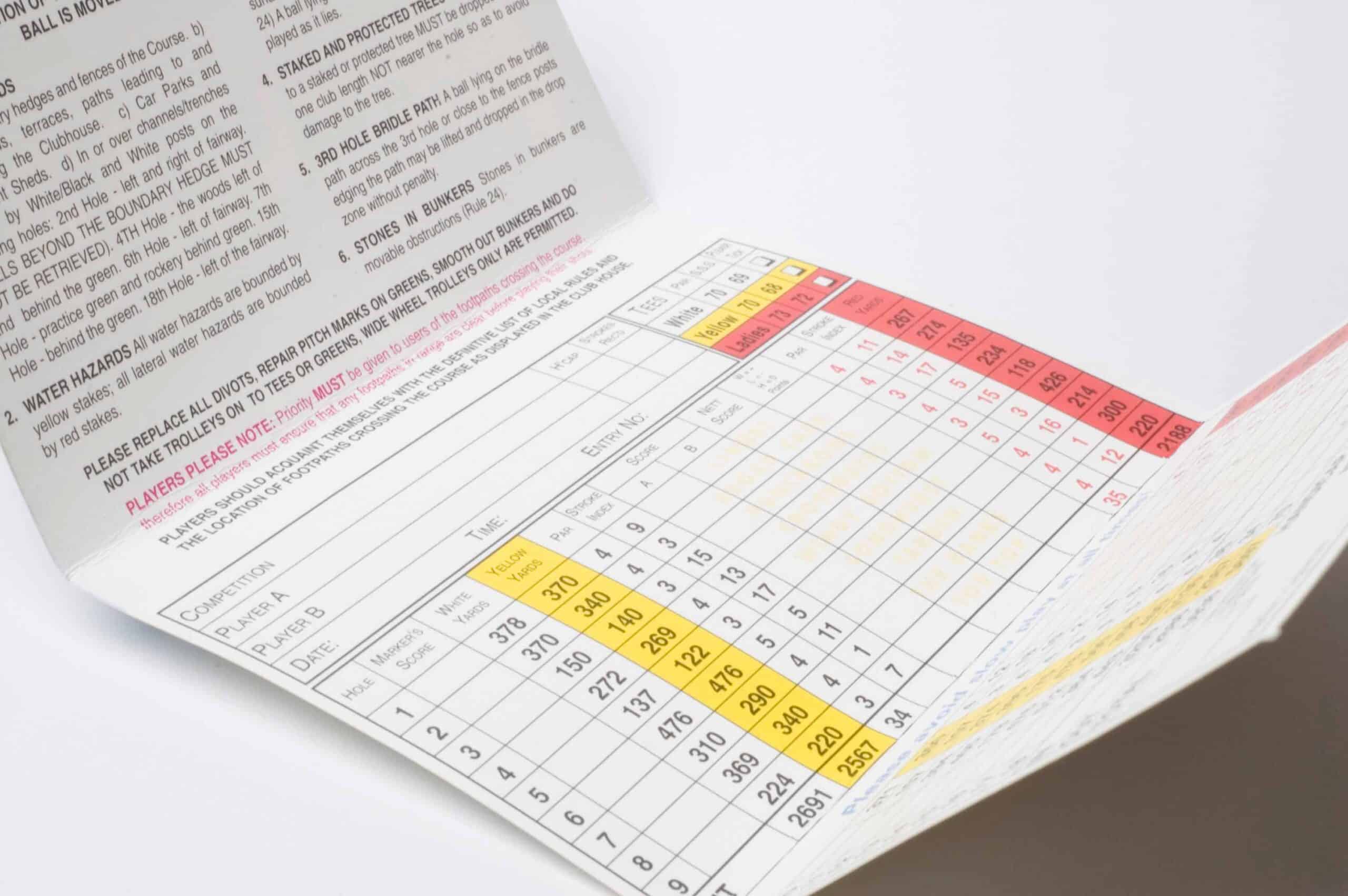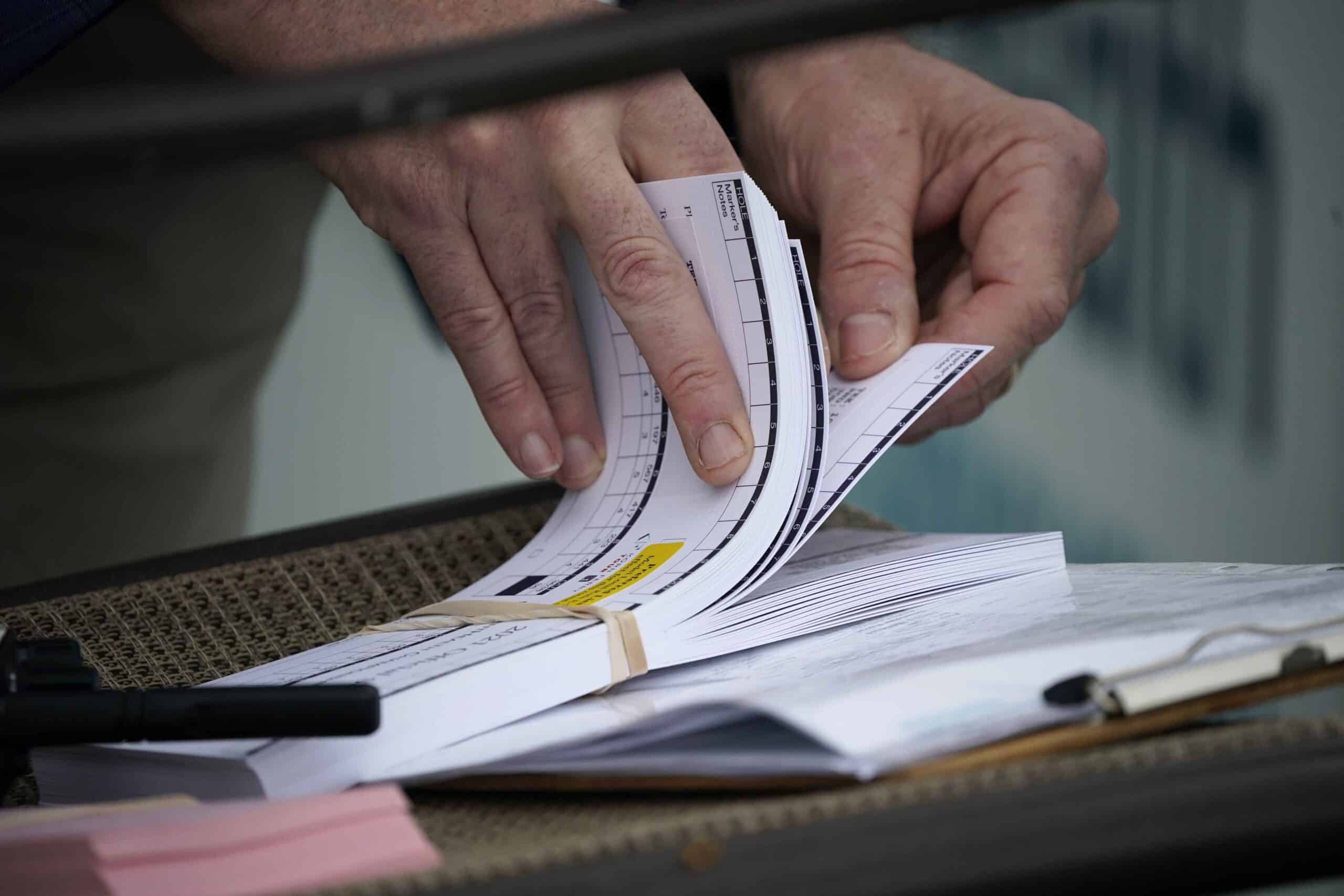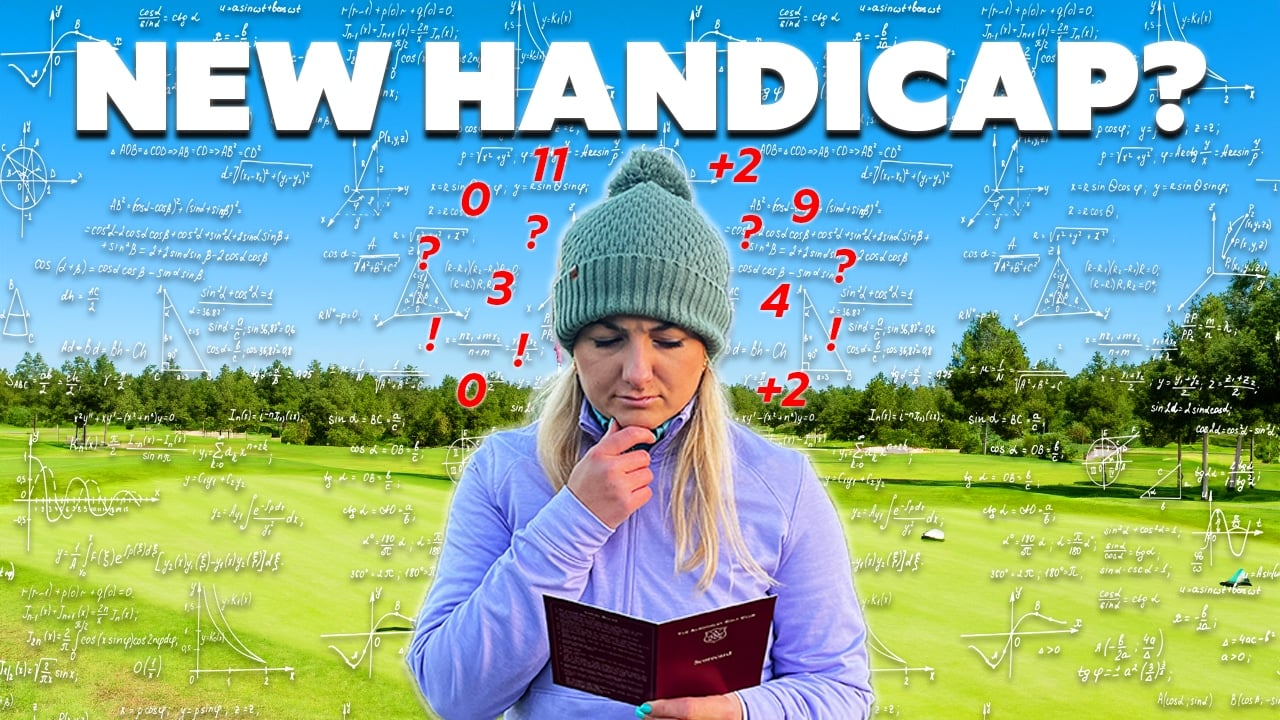
High-handicap golfers are dominating club competitions – but not for the reasons you think
It’s a well-worn complaint from people irked with the World Handicap System – particularly among better golfers.
The idea that higher-handicap players dominate club competitions has been circulating ever since the new system came into being in November 2020.
Is it true? Are those with bigger numbers taking more of a share of prizes than those at the lower end of the WHS scale?
England Golf say yes but reckon it’s not for the reasons you think. The governing body’s handicap team argue it reflects the indexes of who plays club golf rather than anything inherently wrong with the system.
Last year, the body revealed the average WHS index in the country was 17.1 for male players and 27.2 for females.
Now, in their WHS workshops around the country, they’re sharing with club handicap committees a graph which shows the average percentage of members by handicap index range.

Representing a national picture and broken down into the old pre-WHS divisions, it reveals that 42 per cent of male golfers have a handicap index of between 13 and 20, while just over 30 per cent of players are between 21 and 28.
By contrast, fewer than five per cent of members have a handicap of five and below and the numbers of 29 to 36 and 37 to 54 players are essentially negligible.
It’s a slightly different picture for women, with 30 per cent of players ranging from 21 to 28 and nearly 35 per cent maintaining handicap indexes of 29 to 36.
What England Golf say the figures show is that a competition run on an average day would, statistically speaking, likely be won by one of those golfers from a category that represents the majority of club members.
For men, that’s the 13 to 20 and 21 to 28 range, who account for just about 75 per cent of the total number of golf club members with handicaps across the country.
While the same person may not win on multiple weeks, another player from that large handicap band will be the likely winner.
At handicap workshops, club committees were advised to calculate their own values – looking at the make-up of their memberships in terms of handicap ranges.
For those who could, it was suggested they ran competitions by division to ensure players could compete against players of similar ability.
National handicap chiefs also floated the idea of using both net and gross prizes in events to further spread out the distribution among a larger pool of players.
Club handicap chiefs should remember they have responsibilities to ensure their players are correctly handicapped and they’ve actually got some wide-ranging powers to help them enforce this.
They can compare competition and general play scores, can carry out a review of a player at any time, and should also make sure their event’s Terms of Competitions are up to date.
From the Clubhouse podcast on the World Handicap System
England Golf Head of Handicapping James Luke joined us on the From the Clubhouse podcast. To listen, click on the player below, or on your preferred podcast platform.
More on the World Handicap System
Is it time golfers stopped moaning and got to grips with the World Handicap System? Does WHS favour high handicappers? Get involved in the discussion and let us know with a tweet.
More podcasts from National Club Golfer
Steve Carroll

A journalist for 25 years, Steve has been immersed in club golf for almost as long. A former club captain, he has passed the Level 3 Rules of Golf exam with distinction having attended the R&A's prestigious Tournament Administrators and Referees Seminar.
Steve has officiated at a host of high-profile tournaments, including Open Regional Qualifying, PGA Fourball Championship, English Men's Senior Amateur, and the North of England Amateur Championship. In 2023, he made his international debut as part of the team that refereed England vs Switzerland U16 girls.
A part of NCG's Top 100s panel, Steve has a particular love of links golf and is frantically trying to restore his single-figure handicap. He currently floats at around 11.
Steve plays at Close House, in Newcastle, and York GC, where he is a member of the club's matches and competitions committee and referees the annual 36-hole scratch York Rose Bowl.
Having studied history at Newcastle University, he became a journalist having passed his NTCJ exams at Darlington College of Technology.
What's in Steve's bag: TaylorMade Stealth 2 driver, 3-wood, and hybrids; TaylorMade Stealth 2 irons; TaylorMade Hi-Toe, Ping ChipR, Sik Putter.



